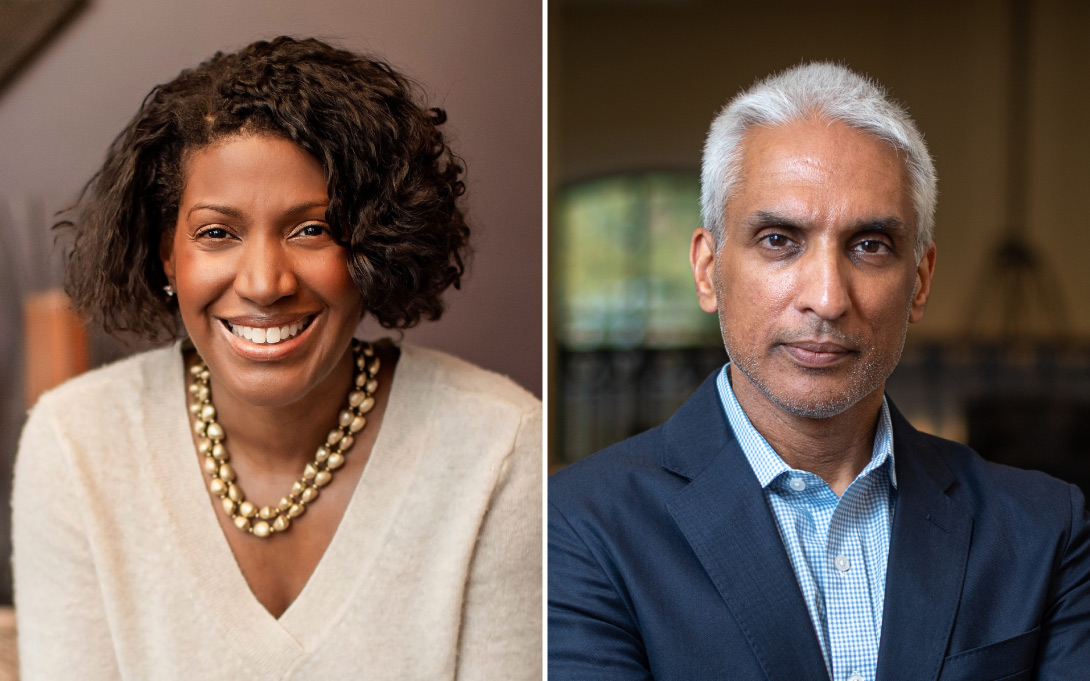
Ford School experts are available to comment on the racially motivated massacre over the weekend at a supermarket in Buffalo, New York.
Celeste Watkins-Hayes
Celeste Watkins-Hayes is the associate dean for academic affairs and founding director of the Center for Racial Justice at the Ford School. She is an internationally recognized scholar whose research is at the intersection of inequality, public policy and institutions, with a special focus on urban poverty and race, class and gender studies.
"What happened in Buffalo is an unspeakably devastating—albeit unsurprising—tragedy fueled by white supremacist ideologies," she said. "These ideologies are not new; rather, they have festered and evolved over time to perpetuate the dangerous idea that certain racial and ethnic groups are threatening and should therefore be eradicated.
"Ideas like these are powerful but become dangerous under ineffectual policies that enable violent action. What is most clearly needed now is a full acknowledgment of the ways in which racism is a public health crisis, and one that demands our attention, resources and better policies.
"Whether we are talking about the need for better policies around social media or gun safety, we must think about how our tools and technologies can easily be warped and exploited toward violent ends that threaten and end lives."
Contact: [email protected]
Javed Ali
Javed Ali, associate professor of practice at the Ford School, is a former senior U.S. government counterterrorism official.
"The horrific attack in Buffalo over the weekend underscores the persistent and enduring threat of white supremacy in the United States," he said. "While the shooter was captured on scene by law enforcement, his use of automatic weapons and social media platforms to share his ideological motivations is consistent with other mass-casualty attacks—stretching back to Anders Brevik in Norway in July 2011, Brentan Tarrant in New Zealand in March 2019, and Patrick Crusius in El Paso, Texas, in August 2019.
"Another commonality in all these attacks is the use of anti-immigrant and racist diatribes found in the broader white supremacist movement, including those who believe in the 'great replacement' theory and how white and European civilizations are under siege. While the investigation into the attack is in its early stages, already the U.S. Attorney for the Western District of New York stated the case will likely be considered a hate crime and an act of domestic violent extremism."
Contact: [email protected]
More news from the Ford School